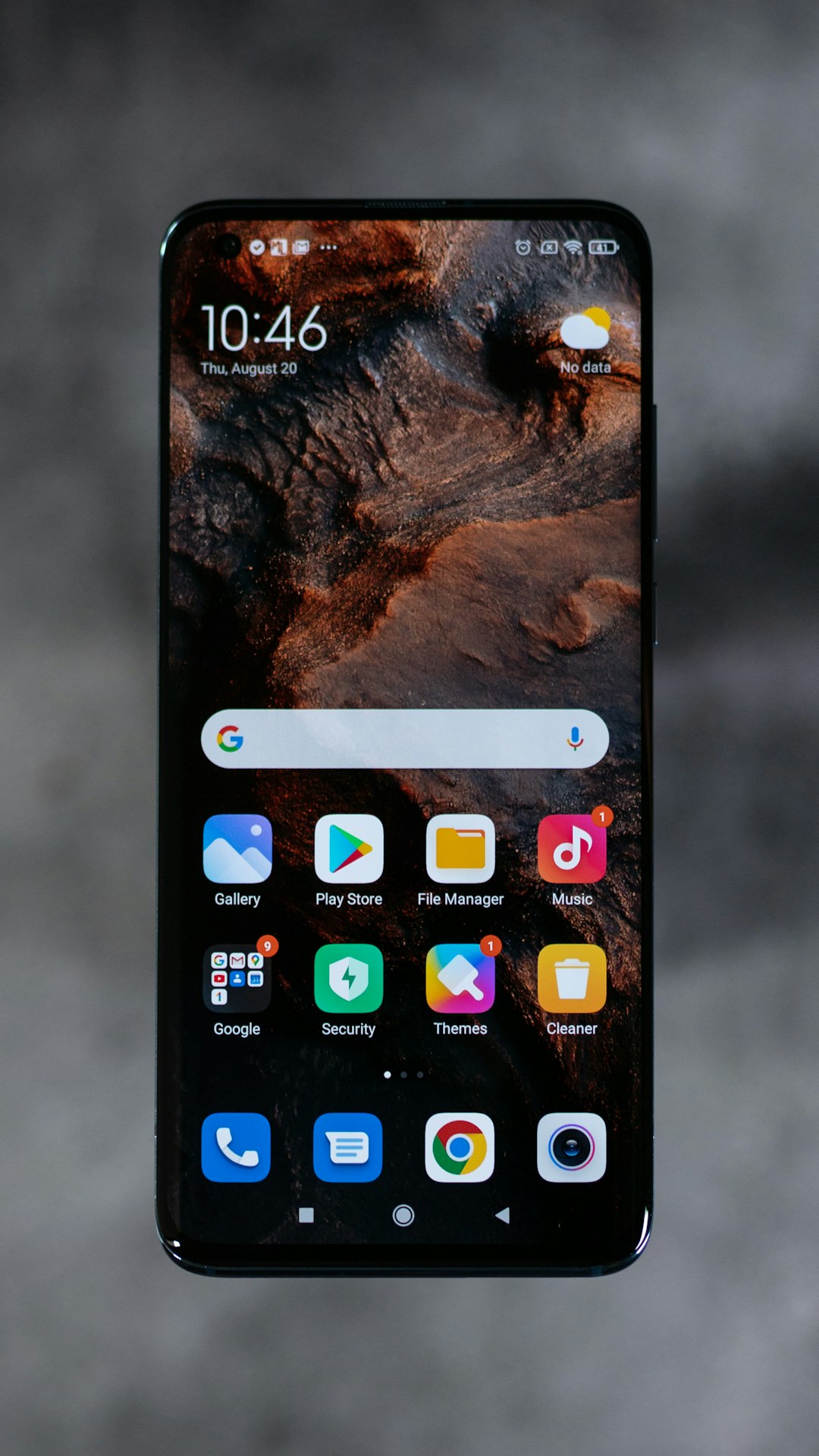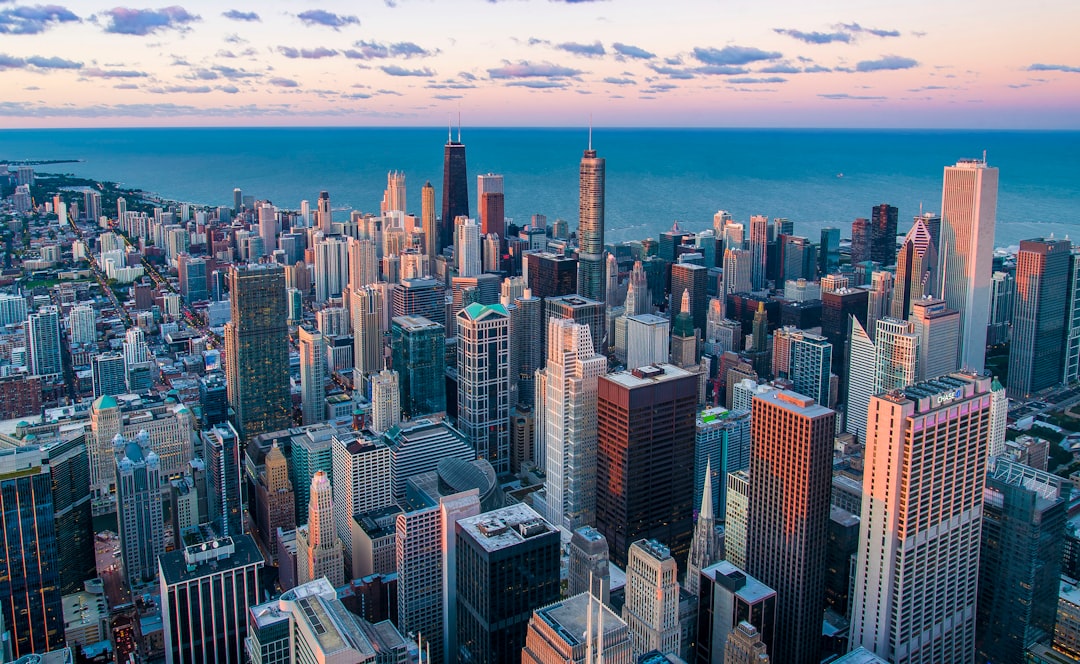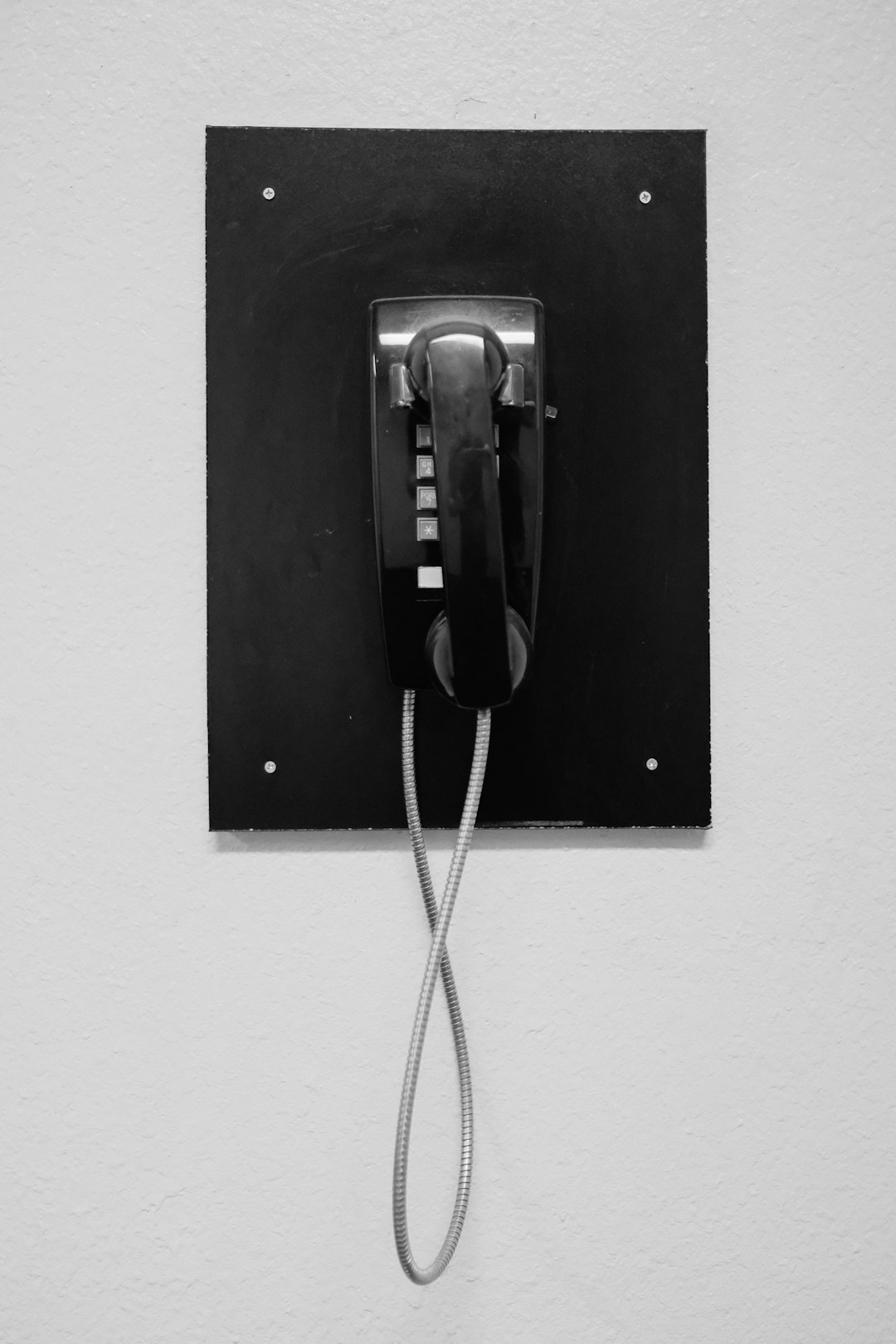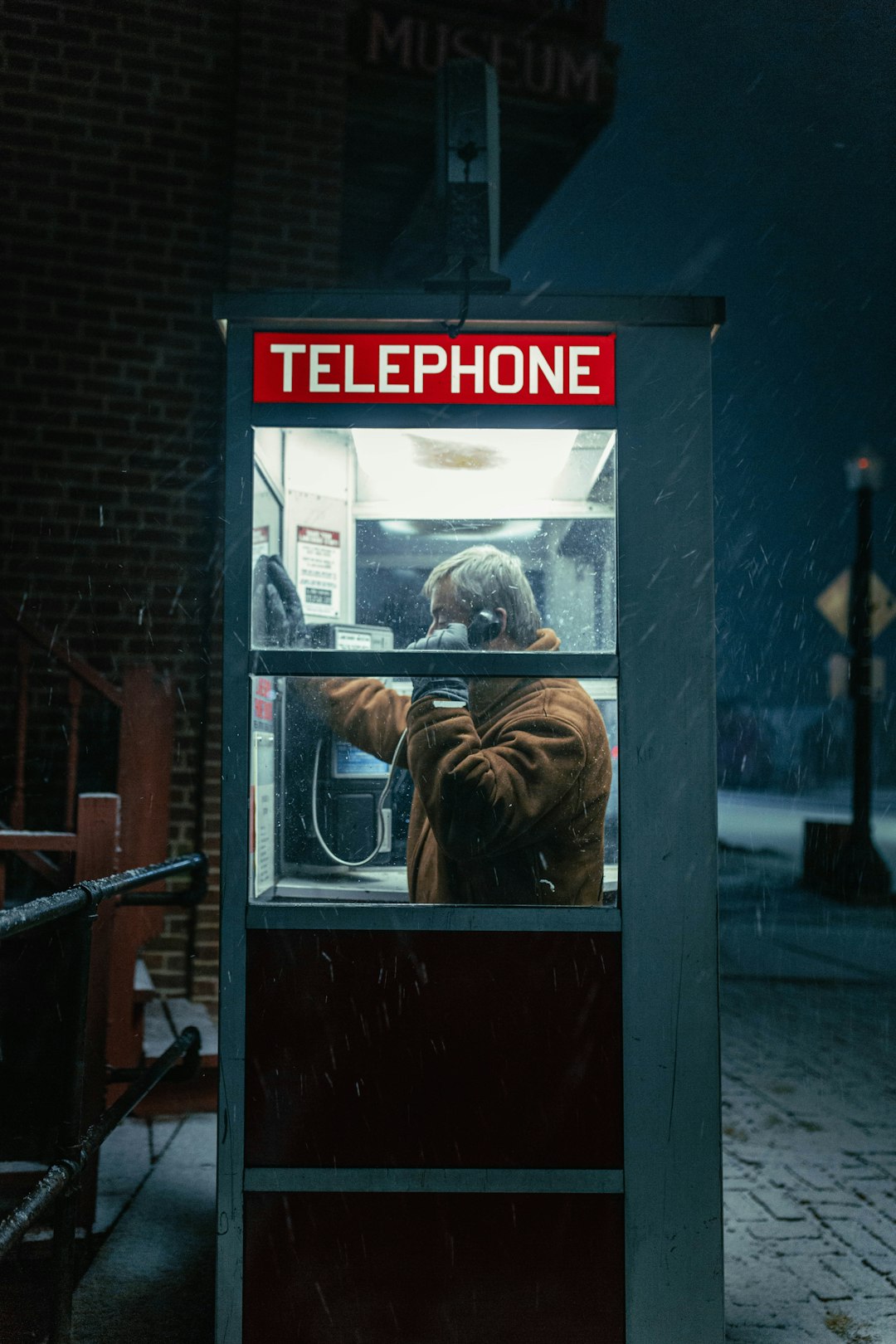In the late 20th century, Chicago's embrace of technology led to the rise of robocalls, sparking resident complaints and ultimately shaping national consumer protection laws through legal actions. The early 2000s saw a surge in unwanted marketing and political robocalls, prompting regulatory bodies like the FTC to implement the TCPA in 2003. The 2010s brought multiple legal battles involving Robocall Lawyer Chicago as consumers fought back against nuisance calls, leading to stricter laws and a decline in unauthorized automated calls. Today, Chicago is at the forefront of addressing escalating robocall issues through proposed legislation and advanced call-blocking technology, with Robocall Lawyer Chicago playing a crucial role in consumer protection efforts.
“Unsolicited automated calls, or ‘robocalls’, have become a ubiquitous yet controversial aspect of modern communication. This article delves into the history of robocall complaints in Chicago, tracing their evolution from mere annoyances to significant legal battles. We explore key periods: early complaints (2000-2010), regulatory responses, and recent trends. As Chicago’s robocall landscape shifts, understanding this timeline is crucial for residents seeking justice and effective regulation, especially with the aid of a dedicated Robocall Lawyer Chicago.”
The Emergence of Robocalls in Chicago: A Historical Perspective

In the late 20th century, as technology advanced, robocalls began to emerge as a new form of communication in Chicago, much like a bustling metropolis embracing innovation. These automated phone calls, often used for marketing purposes, quickly became a double-edged sword. While they offered businesses an efficient way to reach customers, the practice also sparked numerous complaints from residents across the city. Early robocall messages were often seen as intrusive and annoying, leading to a growing demand for regulation and a dedicated Robocall Lawyer Chicago.
Chicago’s experience with robocalls mirrors a national trend, where consumer frustration with unsolicited calls led to the passage of the Telephone Consumer Protection Act (TCPA) in 1973. As time went on, advancements in technology made it easier for companies to target specific demographics, increasing the frequency and complexity of robocall campaigns. This evolution prompted further legal actions and adaptations in legislation, with Chicago playing a significant role in shaping consumer protection laws regarding automated phone calls.
Early Complaints and Regulatory Actions (2000-2010)
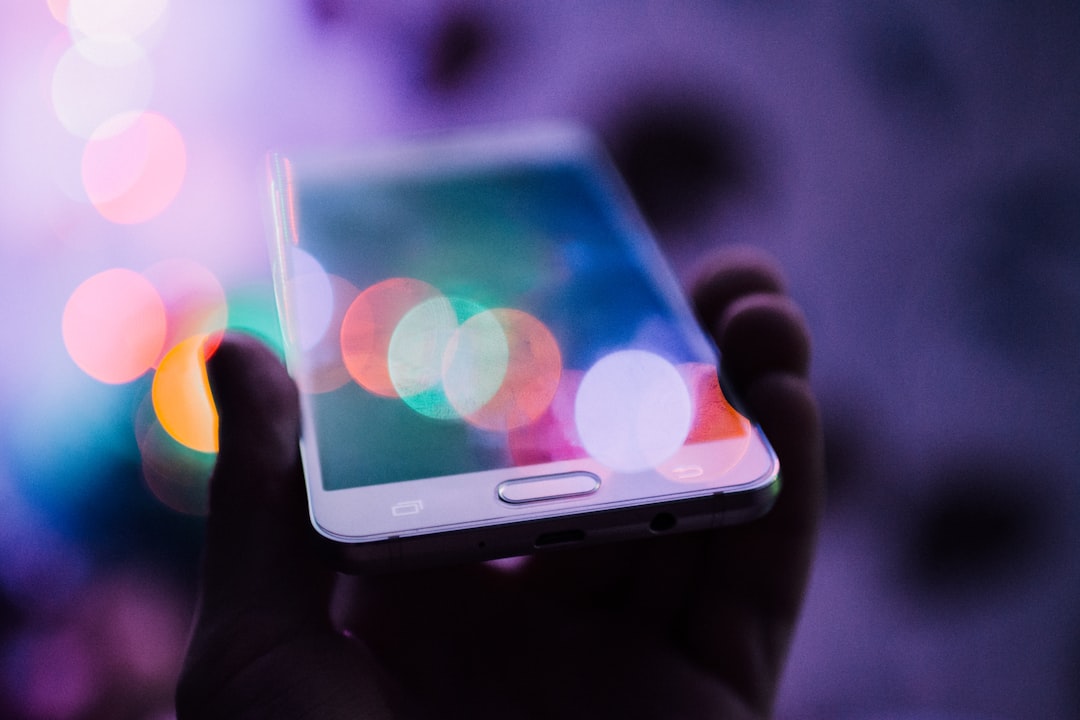
In the early 2000s, as telecommunications technology advanced, so did the prevalence of automated calls, or “robocalls,” in Chicago and across the nation. This led to a significant increase in complaints from residents about unwanted and nuisance calls, particularly from marketing and political organizations utilizing robotic dialing systems. Early on, consumers began to reach out to local regulatory bodies and seek legal assistance from Robocall Lawyer Chicago to combat this growing issue.
Regulatory actions were taken during this period to curb the surge in robocalls. In 2003, the Federal Trade Commission (FTC) implemented the Telephone Consumer Protection Act (TCPA), which imposed restrictions on automated telephone marketing and required callers to obtain prior consent from recipients. This marked a crucial step in protecting consumers from excessive and unsolicited robocalls. Local Robocall Lawyer Chicago played a vital role in assisting affected residents in understanding their rights under this new legislation, setting the stage for more robust consumer protection measures in the following years.
The Rise of Robocall Legal Battles (2010-2020)
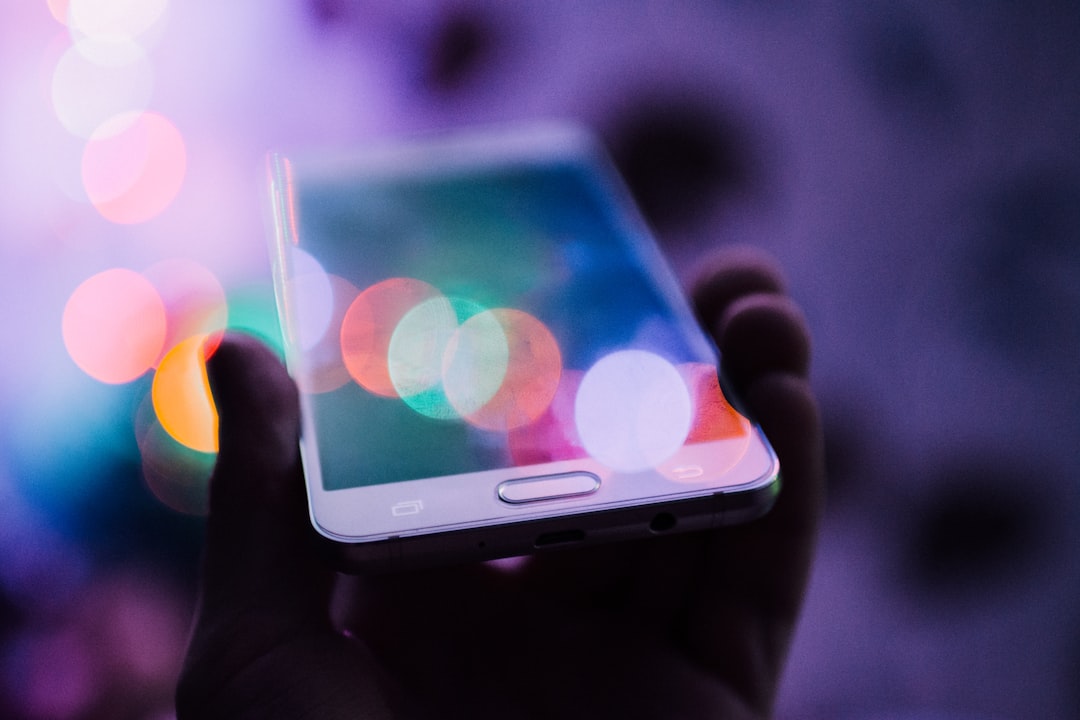
In the 2010s, as technology advanced, so did the prevalence of robocalls, leading to a surge in complaints from Chicago residents and businesses alike. This era marked the beginning of numerous legal battles involving Robocall Lawyer Chicago, as consumers sought justice against unsolicited automated calls bombarding their phones. The sheer volume of these nuisance calls prompted regulatory bodies to take action, resulting in stricter laws aimed at curbing abusive robocall practices.
The decade saw a series of lawsuits and regulatory interventions, with various legal teams in Chicago specializing in robocall-related disputes emerging. These experts fought for consumer rights, ensuring that businesses adhere to fair calling practices. The increased public awareness and aggressive legal action led to a notable decline in unwanted robocalls, offering some relief to the residents of Chicago and setting a precedent for future legal challenges against Robocall Lawyer Chicago in the ever-evolving battle against intrusive automated communications.
Recent Trends and the Future of Robocall Regulation in Chicago
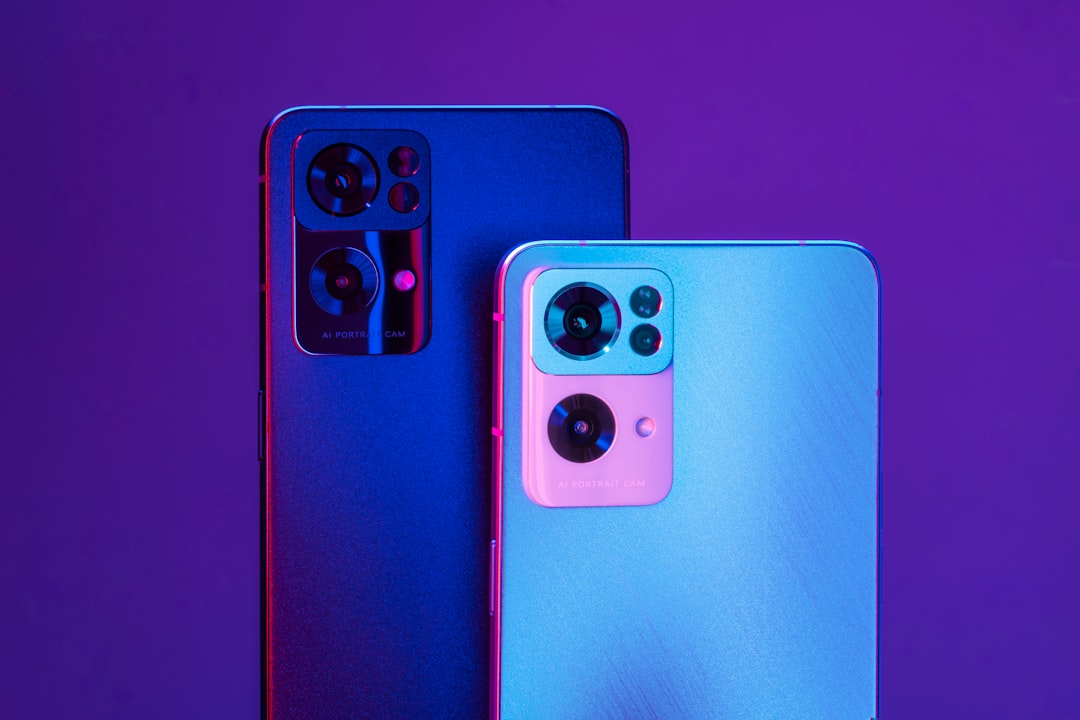
In recent years, Chicago has witnessed a surge in robocall complaints, reflecting a national trend of increasing automated telemarketing calls. This rise has prompted both consumers and legal experts, including prominent Robocall Lawyer Chicago, to advocate for stricter regulations. With advancements in technology, it’s become easier for scammers to target vast audiences efficiently, making it more crucial than ever for regulatory bodies to keep pace.
The future of robocall regulation in Chicago looks promising with ongoing discussions and proposed legislation aiming to protect consumers. A key focus is on implementing smarter call-blocking technologies and holding telemarketers accountable for illegal practices. As consumer rights advocates push for stronger measures, the city’s legal community plays a vital role in ensuring fair and transparent communication practices, making Chicago a leader in combatting unwanted robocalls.
